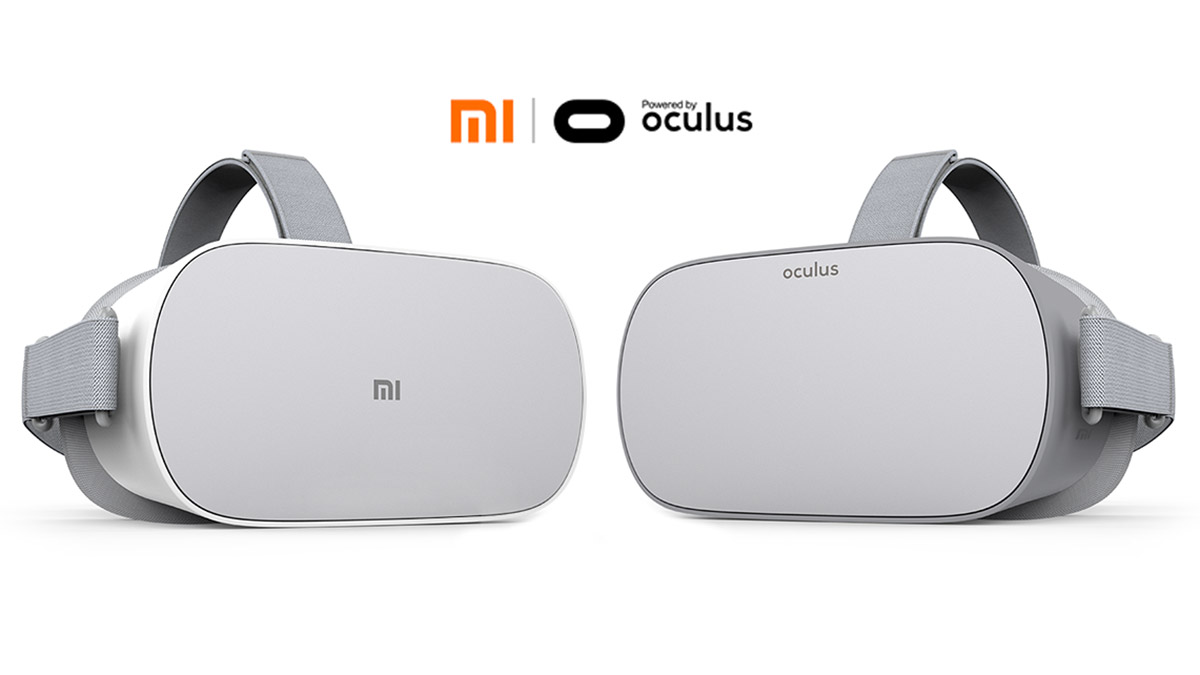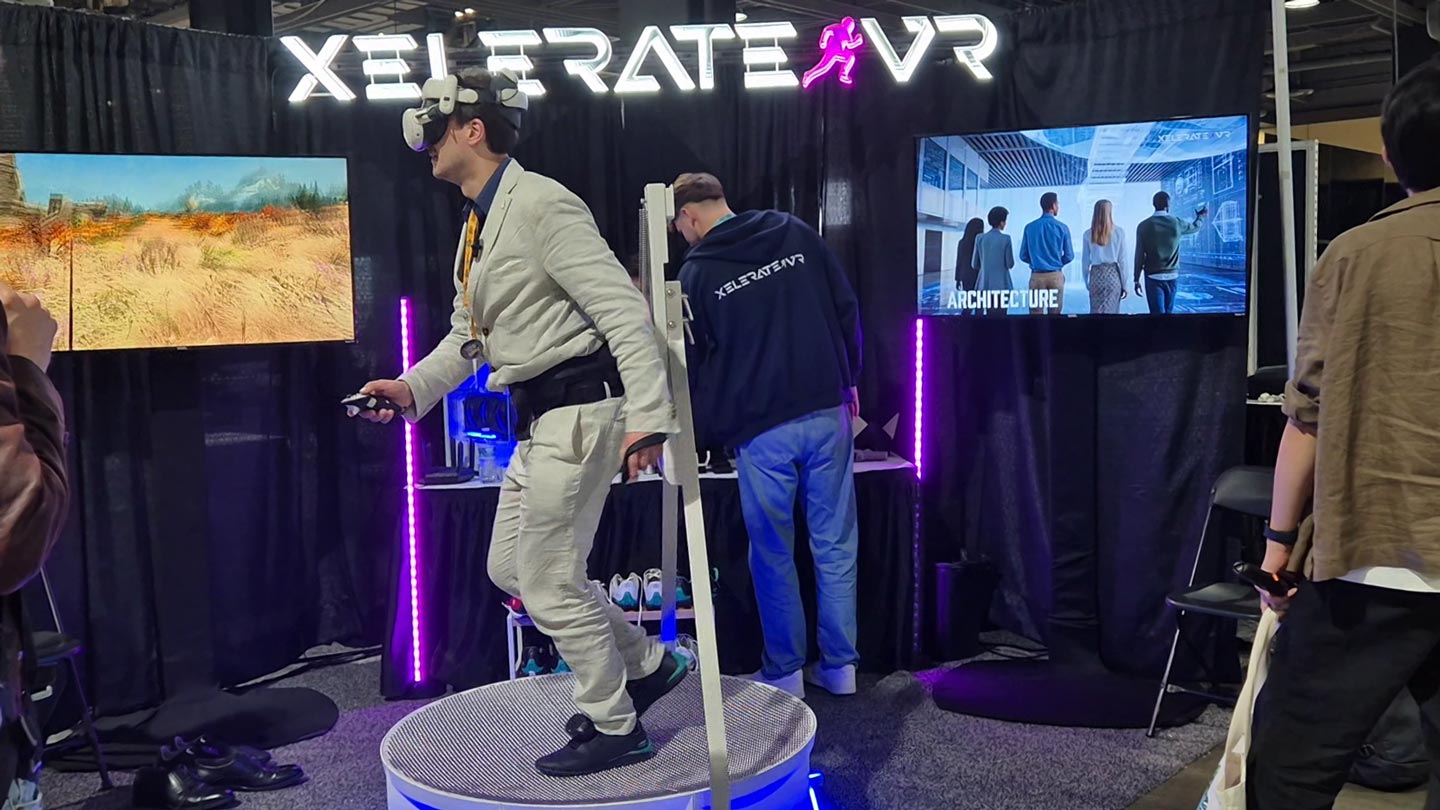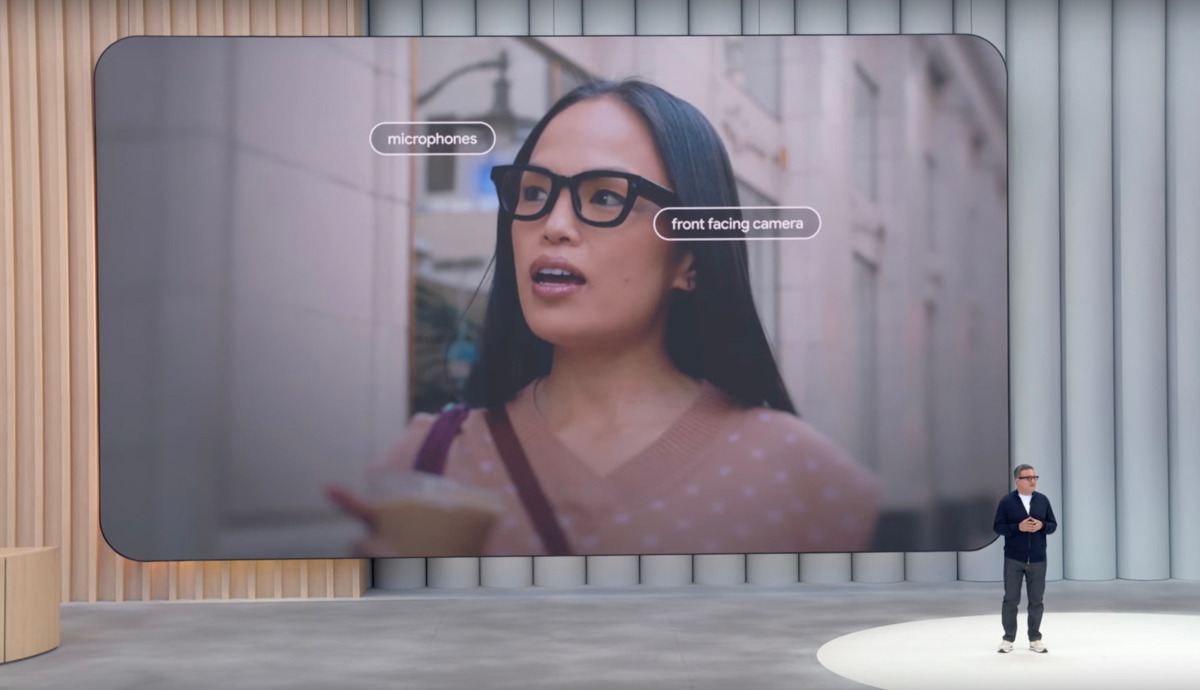The XR Week Peek (2020.06.29): Oculus kills the Go, Google buys North, and much more!
My super-rush of work lasted one month is over, and now I can return to my previous levels of working! I need some sleep, though. I can also return to my usual weekly roundups of news, and you can read the new one here below. Have fun!
Top news of the week

Oculus kills the Go and opens to content on Quest
In the end, the time of the Oculus Go has come. The 3DOF headset has been a nice entry point to VR for many, and it has been a good media viewer, but its limited functionalities haven’t let it become something more than that. Especially the inability to move the head and the limited hands interactions were very limiting for the users and in the end the Go was good just to consume some media. In fact, mine has been used some days and then it has remained on the shelf for months. Devices like Oculus Quest, Pico Neo 2, and Vive Focus Plus have proven that 6DOF VR is more interesting and has far more retention. That’s why, Oculus has decided to discontinue the Oculus Go, and also to close with 3DOF VR in general.
Oculus is stopping selling the Go, will stop accepting apps for its store in December 2020 and will just keep supporting the headset until 2022, when it will be definitely discontinued. It’s the end of an era: the industry moves towards 6DOF VR, with the Quest being the only device Facebook is really interested in. Most probably in a year or so, the Rift S may follow a similar route.
Regarding the Quest, Facebook listened to all our complaints about the too strict content curation and said that it is working on a new and more open content distribution platform to be released in 2021. This doesn’t mean that the Oculus Store will be more open (it will remain a walled garden) and doesn’t even mean that they will open a side open store a la SideQuest (I mistakenly understood it, but then SideQuest told me that the truth is another one).
Details are still scarce but Facebook is working on a parallel system from the Store, where developers will be able to point others to their apps via direct links. From this description, it seems that maybe you can upload your app on your Oculus portal, but if the app is not approved, it won’t appear in the Oculus Store (the page is hidden), but if someone points him/her to it via a link, he/she will be able to see it. It looks like the Dark Web of Oculus Store :D, looking for a search engine to find these hidden apps. And this search engine could be again SideQuest, that could organize a frontend to these hidden backlinks, guiding you to the apps you may be interested in.
Better than nothing, but I still want a more open ecosystem for Quest.
More info (Updates on Go and Quest)
More info (Reactions of devs to the death of the Go)
More info (SideQuest devs’ reaction to the news of the new distribution platform for Quest)
Other relevant news

Google is going to buy North
A report says that Alphabet, the company behind Google, is in the last stages of the acquisition of North, the Canadian startup that makes the Focals smartglasses. The deal should be in the price range of $180M.
With rumors of upcoming Apple glasses surging, and the investment made in Magic Leap that until now has been unfruitful, for sure Google is looking for an alternative to build its AR strategy. North seems a very good choice for that: it is a startup that has already been able to ship a very good product, that has a previous experience also with natural interactions (for the Myo headband it produced), and that holds many patents on these topics (remember that North also bought the patents of the similar Intel Vaunt).
The acquisition of North, together with the AR platform built with Google ARCore could make Google jump back on the AR glasses train, realizing that vision that it teased in 2014 with the Google Glasses.
Google adds depth APIs to ARCore
While Google is buying North to work on the hardware side of its AR glasses, it has just implemented depth APIs in ARCore, improving its AR offerings on the software side. Depth APIs let the smartphone create a depth map of its surroundings, using just a single back RGB camera, and exploiting additional RGB or depth cameras for having even better results.
A depth map makes your AR application understand better the world around it: with it, you can make sure that the real objects occlude the virtual one and you can also implement better physics in your AR experience. It is a welcome step forward for all ARCore developers and users: ARKit is still at the forefront, but Google is doing a good job of chasing it.
Apple adds spatial audio to AirPods
Brick after brick, Apple is building its full AR ecosystem in front of our eyes. After having announced ARKit 4, that lays the foundations of the AR Cloud, Apple has announced that AirPods are going to have support for spatial audio.
While this may not seem a great deal, it actually is. Spatial audio is a very important component of every AR glass, and if Apple has managed to implement it for the Airpods, it will be able to implement it in a future AR device. And in the present, Airpods could be even used to enjoy audio AR content, like happened in the now dead Bose AR glasses.
TikTok enters the AR advertisement field
The Chinese social media TikTok (抖音) is very popular amongst Gen-Zers and is competing side by side with Instagram and Snapchat. But while the latter two are already investing heavily in augmented reality, TikTok was almost ignoring the technology.
Some weeks ago, we have started seeing the first AR filters in TikTok and now the company is launching “TikTok For Business”, an umbrella covering a series of advertisement services for brands, including advertisement on TikTok, sponsored hashtags and sponsored AR filters. The Chinese giant so enters the AR marketing field as well, with a service that is very similar to the one already offered by Snap, creating a new front of the battlefield between China and the United States.
Politics apart, what is great is that all these social networks are now all investing heavily in augmented reality because they value the services it offers for content creators and for marketers.
News worth a mention

Facebook removes Beat Saber from Arcades
In an unexpected move, Beat Games (controlled by Facebook), has stopped licensing Beat Saber to LBVR venues. This means that from the next month on, the only way to play Beat Saber is by owning a Quest or another VR headset.
This is another huge wall in the closed garden that Facebook is building. Beat Saber was doing a lot of money in arcades, and many people I know have bought a headset (usually a Quest) after having tried a game (usually Beat Saber) in some arcades, so the choice seems nonsense from all the sides you may want to look at it.
The only reason for that is that Facebook wants to send a clear message to everyone: “If you want to play the most popular VR game, you have to own a Quest at home”. It is an important message that shows that Oculus doesn’t care about LBVR at all, and just wants all people to own a headset at home so that to gather their data. At this point, I wonder if we will ever see that colocation API we are all waiting for…
Valve is working towards implementing OpenXR always more
After having released a beta implementation of OpenXR in its latest experimental beta release of SteamVR, Valve has made it clear that it will invest always more effort in this standard. They will invest less in the proprietary (opensource) OpenVR and will invest more in the standardized OpenXR that should reduce the fragmentation of the whole VR ecosystem. That’s a great news for the VR landscape.
Transform a photo of yours in a 3D model!
Do you remember when some weeks ago, I told you that Facebook had published a research paper about creating a 3D avatar starting from a single photo of a person? Well, it seems that there is an online demo of this algorithm and you can try it yourself! Watch this tutorial and learn how you can do it.
PwC validates the use of VR for soft skills training
PwC and Talespin have performed a long study on the use of VR for soft skills training (in particular about biases). The results show that the training in VR was cheaper if performed on more than 1950 people and that people using it were more focused, connected, and learned faster.
There are some good numbers inside that you can use in your commercial presentations, but remember that this research has been performed by a VR brand, so it is less reliable than one conducted by an independent institution.
Debunking the false promises of XR headsets makers
Very expert redditor Yaren581 has spent some time debunking the promises made by many headset makers, explaining why they are not feasible or are very difficult to be implemented. The doc is very interesting and it’s a big burn towards many XR devices. If you’re nerd enough, you’ll appreciate the read.
Unity Learn Premium is permanently free
Do you want to learn Unity for your next big AR/VR app? Well, the good news is that Unity Learn, with its many invaluable lessons is now free for everyone, forever. Take your course on Unity now!
Lost Horizon is going to be the biggest VR concert ever
On July, 3–4th 2020, Glastonbury’s Shangri-La event organizers will build on Sansar the biggest VR concert ever, with artists like Fatboy Slim, Carl Cox, and Jamie Jones. It seems an amazing initiative, that confirms once more how VR can help in replacing the concerts that are not possible because of the pandemic.
More info (Lost Horizon — VRrOOm) More info (Lost Horizon — Upload VR)
Phantom: Covert Ops has been released
One of the most awaited games of these months, Phantom: Covert Ops, has finally been released. Reviews highlight how the game is very original and very intriguing, but it also appears a bit monotonous and absurd in some moments. 7–8 are the most common marks.
Steam Summer Sale discounts Half-Life: Alyx and other titles
Steam Summer Sale has come and it also offers many cool discounts on VR games. For the first time, Half-Life: Alyx gets discounted at 45$, but you can also find Red Matter, SuperHot, and The Walking Dead: Saint and Sinners at a convenient price! In an unrelated offering, Payday 2 is at $1 until July, 7th. It’s time to open your wallets for lord Gaben…
More info (Steam Summer Sale) More info (PayDay 2 at $1)
Some news on content
- Five Nights at Freddy’s gets a release date for Quest: July, 16th
- Survios announces Puzzle Bobble VR, to make us all return to the 90s when we listened to the Vengaboys
- A fan has created Virtua Sonic, a virtual reality experience about Sonic The Hedgehog
- In Death: Unchained will release on Quest on July, 23rd
- We have new videos about IronMan VR
- It seems that John Carmack created a working prototype of Minecraft for Quest, but then the schedules of the two companies never met, and the project did not go on… what a pity!
More info (Five Nights at Freddy’s)
More info (Puzzle Bobble VR)
More info (Virtua Sonic)
More info (In Death: Unchained)
More info (IronMan VR)
More info (Minecraft on Quest)
News from partners (and friends)
My friend and VR journalist Tom Ffiske is publishing every Wednesday a newsletter that highlights the most interesting AR/VR news of the week from his point of view. Tom is an esteemed member of our community, and I think that if you like my roundups you may like his ones as well.
His newsletter is called “The Immersive Wire” and you can subscribe to it by clicking the link below!
Some XR fun
The death of the Oculus Go, from the point of view of the epic Damo 9000!
Sometimes what we do in VR should remain in VR
The Ghost calls you!
Writing these roundups requires me a great effort of time. If you find them useful, consider donating to this magazine on Patreon. Even a small amount of money matters to me!
The family of my supporters is growing week after week, and now includes all these people:
- DeoVR
- Michael Bruce
- Ilias Kapouranis
- Paolo Leoncini
- John Fredericks
- Immersive.international
- Bob Fine
- Jennifer Granger
- Jason Moore
- Steve Biggs
- Niels Bogerd
- Julio Cesar Bolivar
- Jan Schroeder
- Kai Curtis
- Francesco Strada
- Sb
- Vooiage Technologies
- Caroline
- Liam James O’Malley
- Matias Nassi
Join them by clicking the link below! Thank you
(Header image by Oculus)
Disclaimer: this blog contains advertisement and affiliate links to sustain itself. If you click on an affiliate link, I'll be very happy because I'll earn a small commission on your purchase. You can find my boring full disclosure here.



